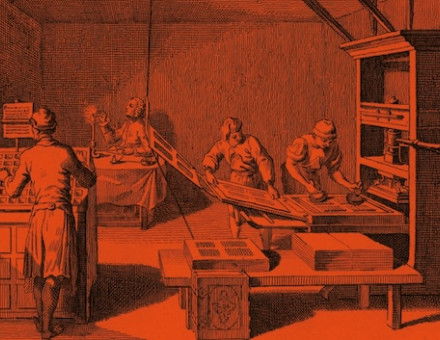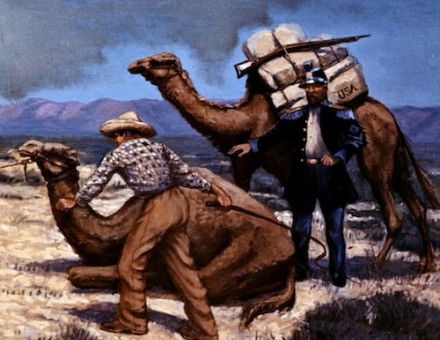The First British Empire
J.W. Blake describes the development of a maritime empire of trade, built by traders.
In view of the controversy over the BBC’s recent programme on the British Empire, it might be useful for readers to review the motives for the First British Empire, one of trade, and built by traders. That empire had roots slender but deep in medieval England. In its origins, it also drew heavily upon the vigour and experience of the Tudors, notably during the flowering of the English renaissance in the creative age of Queen Elizabeth I.
It was then that Englishmen first burst into the Orient by sea and at the same time prodded the outer shores of the Atlantic and the Arctic, while in the person of Francis Drake they first circumnavigated the globe. That empire, too, first took concrete shape under the Stuarts during the seventeenth century, which was the epoch of the Plantations (first in Ireland and then in the West Indies and on the mainland of North America), of the remarkable ‘Puritan Exodus’ to New England and New Scotland, and of the Stuart foundations in Pennsylvania and the Carolinas.





